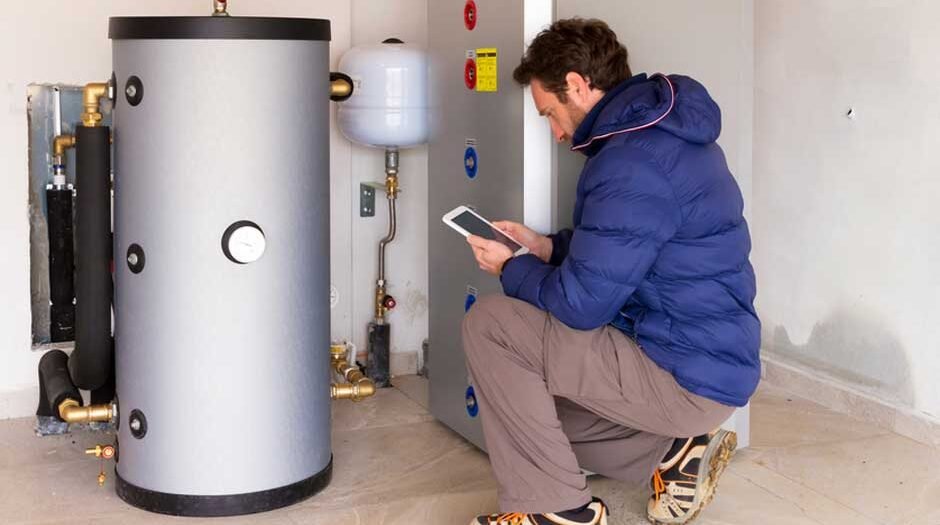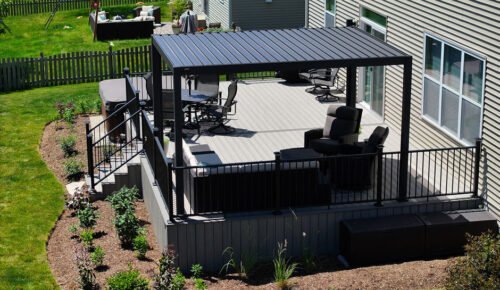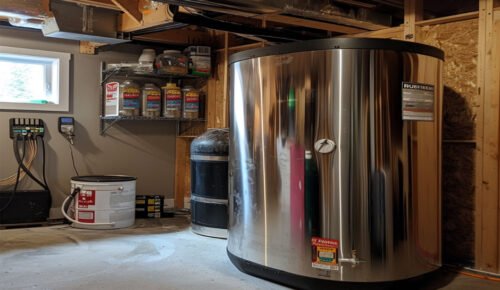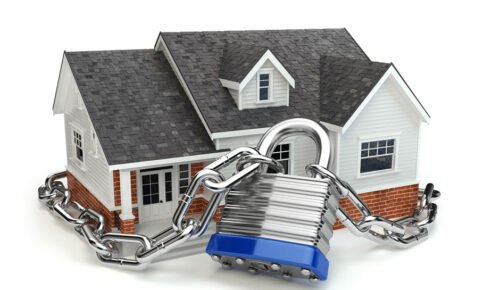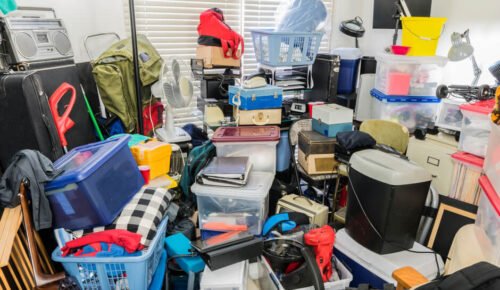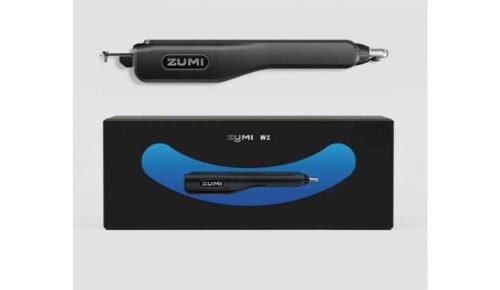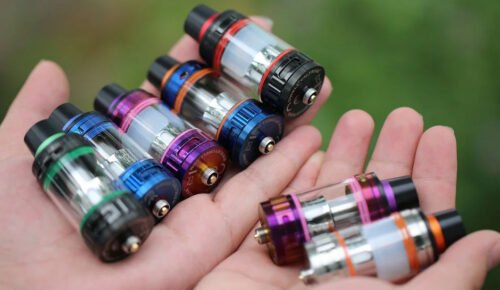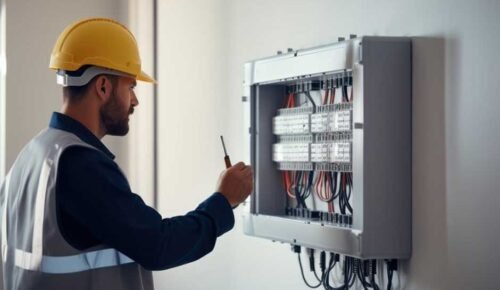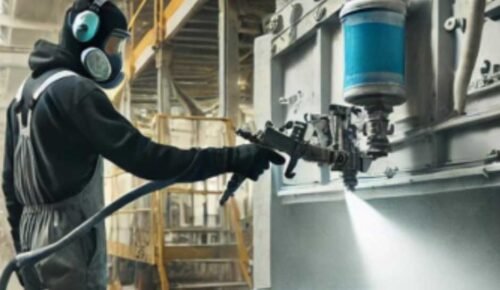Water Heater Health and Efficiency
A well-maintained water heater is essential for the comfort and functionality of any home. It provides hot water for showers, washing dishes, and laundry, making it one of the most crucial appliances in your house. Ensuring that your water heater is in top condition not only guarantees a steady supply of hot water but also optimizes energy usage and extends the lifespan of the unit. This guide will walk you through the best practices for maintaining your water heater’s health and efficiency.
Importance of Regular Maintenance
Regular maintenance is the cornerstone of keeping your water heater running efficiently. A neglected water heater can become less efficient over time, costing more in energy bills and potentially leading to premature breakdown. Regular checks can help identify and mitigate issues before they escalate into costly repairs.
In fact, real estate auctioneers in Sydney often highlight the condition of the home’s water heater when listing properties, as a well-maintained system adds to the home’s overall value and appeal.
Annual Inspections
Conducting an annual inspection of your water heater is critical to its maintenance. This should include checking for any signs of wear or damage, such as leaks or corrosion on the tank and surrounding connections. During the inspection, also look for signs of water pooling or dripping, which could indicate a slow leak.
Checking the Pressure Relief Valve
The pressure relief valve is an essential safety feature that prevents the water heater from building up excessive pressure, which could lead to explosions. To check the valve:
- Lift or press the valve to ensure it opens easily.
- Allow some water to release, then let go of the valve.
- Observe if it closes snugly and stops any water flow. If it continues to drip, it may need to be replaced.
Flushing the Tank
Sediment buildup at the bottom of the tank can reduce your water heater’s efficiency and damage the inner lining. Flushing the tank annually is recommended to clear out this sediment. Here’s how to do it:
- Turn off the power to the water heater at the breaker box.
- Connect a garden hose to the tank’s drain valve and place the other end in an area where hot water can safely discharge.
- Open the drain valve and allow the tank to empty completely.
- Flush the tank with cold water to remove any remaining sediment before refilling.
Adjusting the Temperature
Setting the temperature too high can lead to wasted energy and increased bills, while setting it too low might not meet your hot water needs. The ideal temperature for most homes is around 60 degrees Celsius. Adjusting your water heater to this temperature can help ensure efficiency while preventing scalding.
Insulating Your Water Heater
Insulating your water heater can reduce heat loss by up to 45% and save up to 9% in heating costs. This involves wrapping the heater in an insulation blanket and insulating the hot water pipes. Ensure that you do not cover the top, bottom, thermostat, or burner compartment if you have a gas water heater.
Replacing the Anode Rod
The anode rod attracts corrosive elements in the water, preventing your tank from rusting. Check the anode rod every three years and replace it if more than 6 inches of the core steel wire is exposed, or if the rod is coated with calcium.
Water Heater Efficiency Tips
- Install low-flow fixtures to reduce hot water use without affecting water pressure.
- Use timers or smart systems to turn off the water heater when not in use, especially during extended periods away from home.
- Regularly check the thermostat settings to ensure they are accurate and adjust as needed based on seasonal changes.
When to Consider Replacement
Water heaters typically have a lifespan of 8 to 12 years. However, if your water heater is over ten years old, shows signs of significant wear, or requires frequent repairs, it might be more cost-effective to replace it. Modern water heaters are more energy-efficient and can save substantial money in the long run.
Concluding Thoughts on Water Heater Maintenance
Maintaining your water heater is not just about prolonging its life but also about ensuring efficiency and safety in your home. By following the guidelines outlined in this homeowner’s guide, you can keep your water heater in optimal condition, reducing the likelihood of failures and maximizing your energy savings.
Regular upkeep, combined with timely repairs and eventual replacement, will ensure that your water heater remains a reliable source of hot water for your household. Keeping a close eye on its performance not only contributes to the comfort and efficiency of your home but also supports sustainable living practices by reducing energy consumption and lowering utility bills.
